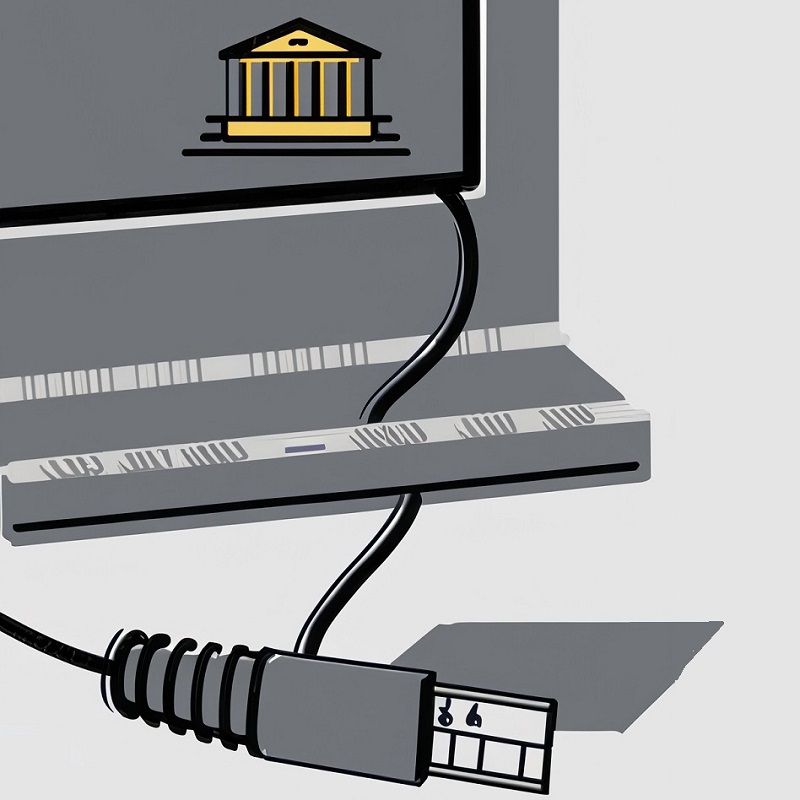
The Payments Gateway
Payment gateways are a critical component of the payments ecosystem. They serve as the intermediary between businesses and payment processors, enabling businesses to accept electronic payments from their customers. We’ll explore the role of payment gateways in the payments ecosystem and how they are shaping the future of payments.
What is a Payment Gateway?
A payment gateway is a software application that facilitates the processing of electronic payment transactions between a merchant and a payment processor. It serves as the intermediary between the merchant’s website or point of sale system and the bank or financial institution that processes the payment.
When a customer makes a payment using a credit card, debit card, or other electronic payment method, the payment gateway securely transmits the payment data to the payment processor for authorization. The payment processor then sends the payment authorization back to the payment gateway, which relays the approval or rejection of the transaction back to the merchant’s website or point of sale system.
Payment gateways typically support a wide range of payment methods, including credit and debit cards, e-wallets, bank transfers, and mobile payments. They also provide a range of security measures to protect sensitive payment data, such as encryption, tokenization, and fraud detection.
Payment gateways are essential for businesses that want to accept electronic payments, especially for e-commerce businesses. Without a payment gateway, businesses would have to handle payment processing themselves, which can be time-consuming and costly. Additionally, payment gateways provide businesses with the ability to track and manage payment transactions, generate reports, and reconcile payments.
Some payment gateways offer additional features and services, such as recurring billing, subscription management, and fraud prevention tools. They also provide integrations with popular e-commerce platforms and accounting software, making it easier for businesses to manage their payments.
Payment gateways charge a fee for their services, typically based on a percentage of the transaction amount or a flat fee per transaction. The fees can vary depending on the payment method, transaction volume, and other factors.
A payment gateway is a crucial component of the payments ecosystem, providing businesses with a secure, efficient, and reliable way to process electronic payments. It enables businesses to accept a wide range of payment methods, while also offering additional features and services to help manage payments and reduce fraud.
The Role of Payment Gateways in the Payments Ecosystem
Payment gateways play a critical role in the payments ecosystem by providing a bridge between the merchant and the acquiring bank. The role of payment gateways has become even more significant as businesses have shifted to digital channels, and more customers are using electronic payment methods.
One of the most important functions of payment gateways is to ensure that the transaction is secure. Payment gateways are designed to protect sensitive payment data, such as credit card numbers and bank account details, from being intercepted by hackers. To achieve this, payment gateways use a range of security measures such as encryption and tokenization to protect payment data from unauthorized access.
Another important function of payment gateways is to ensure that transactions are processed quickly and accurately. Payment gateways are designed to handle a high volume of transactions, and they can process payments in real-time, which means that businesses can receive payments quickly.
Payment gateways also play a key role in reducing the risk of chargebacks. A chargeback occurs when a customer disputes a transaction, and the payment is refunded to the customer. Chargebacks can be costly for businesses, and they can also damage a business’s reputation. Payment gateways provide chargeback management tools that enable businesses to dispute chargebacks and recover lost revenue.
In addition to security, speed, and chargeback management, payment gateways also provide a range of value-added services to businesses. For example, payment gateways can provide businesses with detailed transaction reports, which can help them to identify trends and make better-informed decisions. Payment gateways can also provide businesses with access to new payment methods, such as digital wallets, which can help businesses to attract more customers and increase sales.
Overall, payment gateways play a crucial role in the payments ecosystem by providing businesses with a secure, reliable, and efficient way to process payments. As the payments landscape continues to evolve, payment gateways will play an increasingly important role in helping businesses to accept new payment methods, improve their payment processing efficiency, and enhance their overall customer experience.
The Future of Payments and Payment Gateways
As the payments landscape continues to evolve, payment gateways are playing an increasingly important role in shaping the future of payments. One of the most significant trends in the payments industry is the move towards contactless payments and mobile payments.
Payment gateways are helping businesses to accept contactless payments and mobile payments by providing software solutions that enable businesses to accept payments via mobile devices and other contactless payment methods.
Payment gateways are also helping businesses to leverage emerging technologies such as artificial intelligence and machine learning to improve their payment processing efficiency and security. For example, payment gateways can use machine learning to detect and prevent fraud in real-time, enabling businesses to identify and prevent fraudulent transactions before they occur.
Payment gateways are a critical component of the payments ecosystem, enabling businesses to accept electronic payments from their customers. They provide a secure, reliable, and efficient way for businesses to process payments while reducing the risk of fraud and chargebacks.
As the payments landscape continues to evolve, payment gateways will play an increasingly important role in shaping the future of payments. They will create software solutions that enable businesses to accept emerging payment methods and leverage emerging technologies to improve payment processing efficiency and security. Payment gateways will continue to be a key partner for businesses of all sizes as they navigate the rapidly evolving payments landscape.
